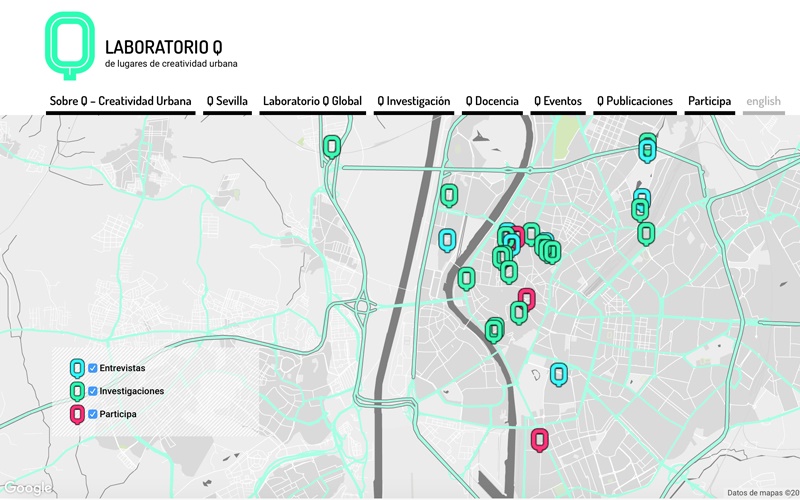"Laboratorio Q", Seville: creative production of collective spaces before and after austerity

19 September 2018
María Carrascal,Pablo Sendra, Antonio Alanís,Plácido González Martínez, Alfonso Guajardo-Fajardo & Carlos García Vázquez
The creative city approach is going through a redefinition after the 2008 global financial crisis. In the specific case of South-European cities, in the context of austerity and cuts in public investment, creativity is becoming a strategy for achieving maximum social benefit and improvement of the built environment with minimum economic expenditure. This paper looks at this redefinition of creativity through the case study of Seville, in southern Spain. Through research methods that include video-recorded testimonies of the actors involved, mapping at the online platform “Laboratorio Q”, and public engagement activities, this paper explores how the civic society, professional, and public authorities have reinvented how to produce collective spaces. The paper concludes that bottom-up creative processes for producing collective spaces have become more visible since the 2008 crisis, when architects, planners, public authorities and policy-makers have been “learning” from them.
 Close
Close

